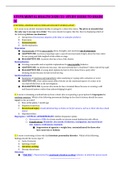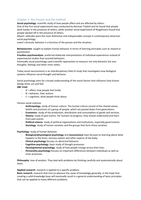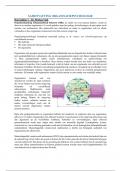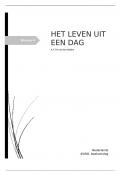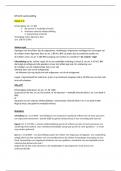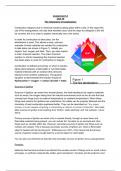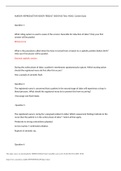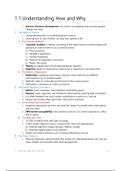College aantekeningen
Aantekeningen hoorcolleges theory 3 week 1-7
- Instelling
- Rijksuniversiteit Groningen (RuG)
Aantekeningen van de hoorcolleges theory 3 van het jaar . De aantekeningen bestaan uit powerpoint slides met aantekeningen van de professor. De aantekeningen bestaan staan in het Engels en in het Nederlands
[Meer zien]





